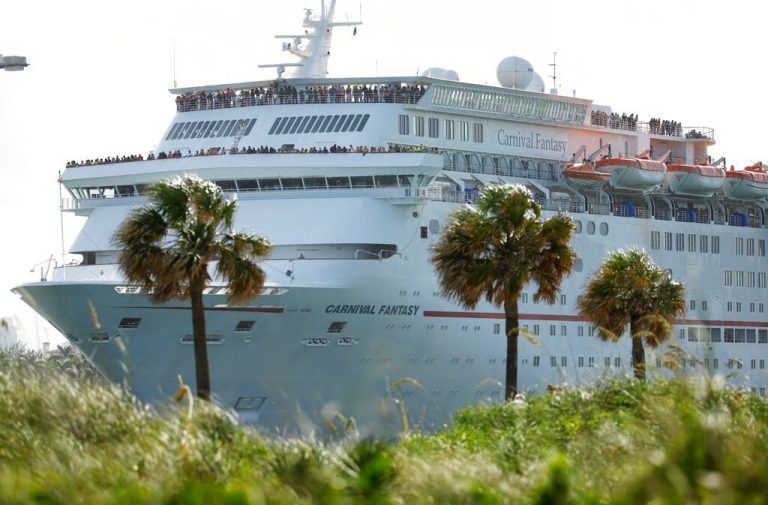🎧 Listen to This Article
Hawaii’s first-of-its-kind climate tax on cruise passengers is facing an early constitutional challenge, setting up a high-stakes dispute over whether states can impose targeted levies on maritime commerce to fund environmental programs.
At a federal court hearing Friday, the cruise industry sharply contested Act 96, a new law scheduled to take effect January 1, which imposes an 11% state surcharge and 3% county fees on cruise fares. The measure is projected to raise nearly $100 million annually for shoreline protection, wildfire mitigation, and broader climate adaptation initiatives.
Cruise Industry: Tax Violates the Constitution
Seeking a preliminary injunction, Ben Snyder of Paul Hastings, representing the Cruise Lines International Association and several Hawaii tour operators, argued that Act 96 “clearly violates the Constitution and federal law.” Citing the Constitution’s tonnage clause, Snyder said Hawaii cannot impose taxes on vessels for the privilege of entering state ports.
Snyder contended that the law discriminates against cruise ships versus land-based lodging, noting that meals and entertainment bundled into cruise fares are taxed under Act 96, while hotels may exclude similar costs. He also contrasted the 14% tax on cruise transportation with the 4.5% general excise tax on inter-island flights.
Invoking the Supreme Court’s Polar Tankers decision involving an Alaska tax on oil tankers, Snyder argued that Act 96 represents unconstitutional disparate treatment. Judge Jill Otake pressed him on this point, observing that Polar Tankers lacked a majority opinion.
State of Hawaii: This Is a State Tax Dispute, Not a Federal Case
Kacyn Fujii, Deputy Attorney General of Hawaii’s Tax and Charities Division, urged dismissal, stating the case belongs in Hawaii state court. She argued that Act 96 is fundamentally a transient accommodations tax, falling squarely within state jurisdiction. Under the Tax Injunction Act, federal courts must avoid interfering with state tax collection when a “plain, speedy, and efficient” remedy exists in state court, she said.
Fujii asserted that Hawaii’s Tax Appeal Court provides such a remedy, though Snyder countered that Hawaii’s unique prohibition on declaratory judgment actions in tax cases leaves plaintiffs with no adequate state-court pathway.
Judge Otake challenged both sides: questioning whether the tax’s practical effect is discriminatory, and questioning the state’s argument that cruise lines might absorb the tax rather than pass costs onto consumers. “Why wouldn’t this be passed through?” she asked. Fujii noted that large retailers sometimes absorb tariff costs, citing recent examples.
Economic Effects Already Emerging, Plaintiffs Say
Snyder rebutted with new data: bookings for the Pride of America, which operates weekly around the islands, have dropped roughly 30% for 2026 compared to the same point last year. He offered to submit a sworn statement documenting the decline.
Justice Department Steps In Unexpectedly
In a late-breaking development, the U.S. Department of Justice moved to intervene just hours before the hearing. Attorney Bradley Bondi explained that DOJ’s Office of Legal Policy had been evaluating state laws potentially affecting interstate commerce. After the cruise industry flagged Act 96, DOJ opted to participate once the federal government reopened following a shutdown.
Judge Otake said she would work “on a short time frame,” but gave no indication of when she would rule. State and county officials requested additional time to respond to DOJ’s intervention.
The case now appears headed toward a broader constitutional test — one that could determine how far states may go in using targeted taxes on maritime travel to confront climate-related costs.
For any questions, clarifications, feedback, or contributions regarding this article, please contact us at editorial@tax.news. We welcome your input and are dedicated to delivering accurate, timely, and insightful tax news. All inquiries will be handled confidentially in accordance with our privacy policy.



